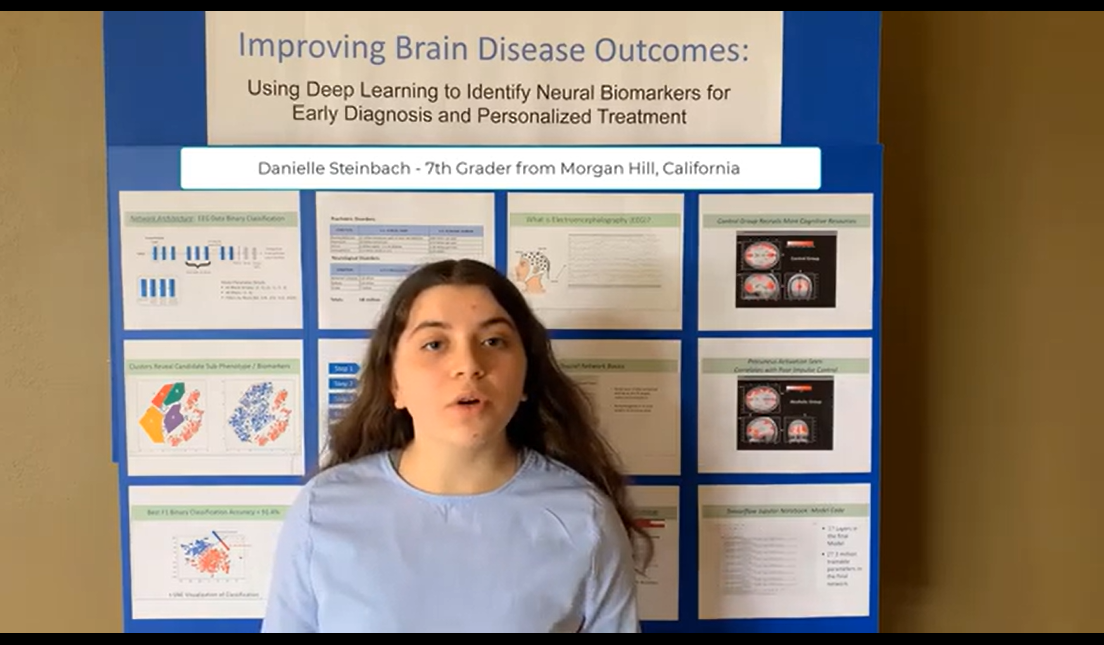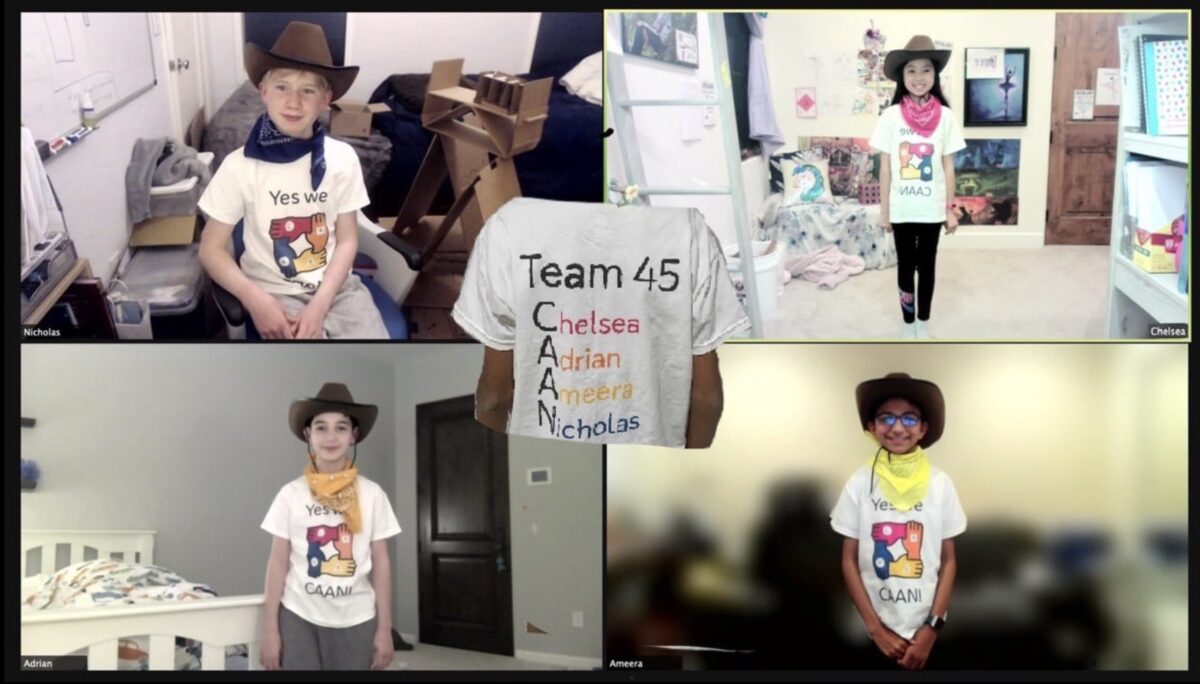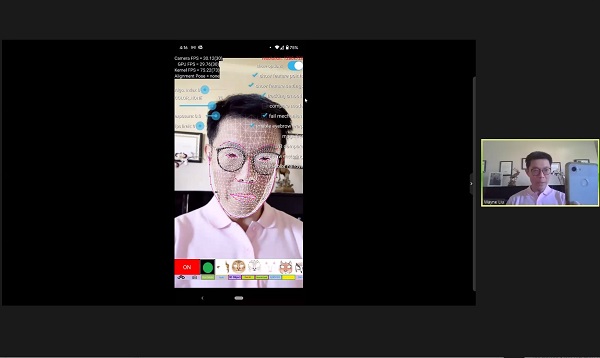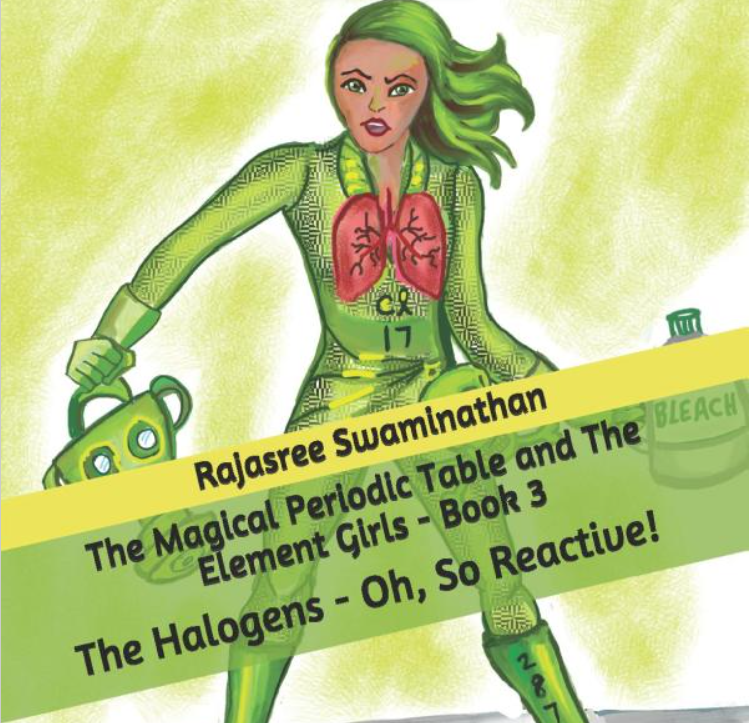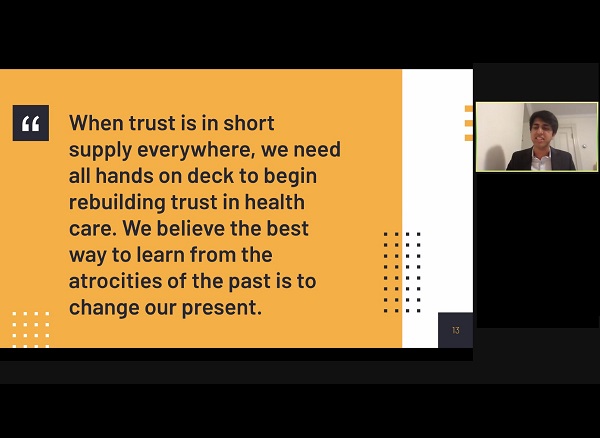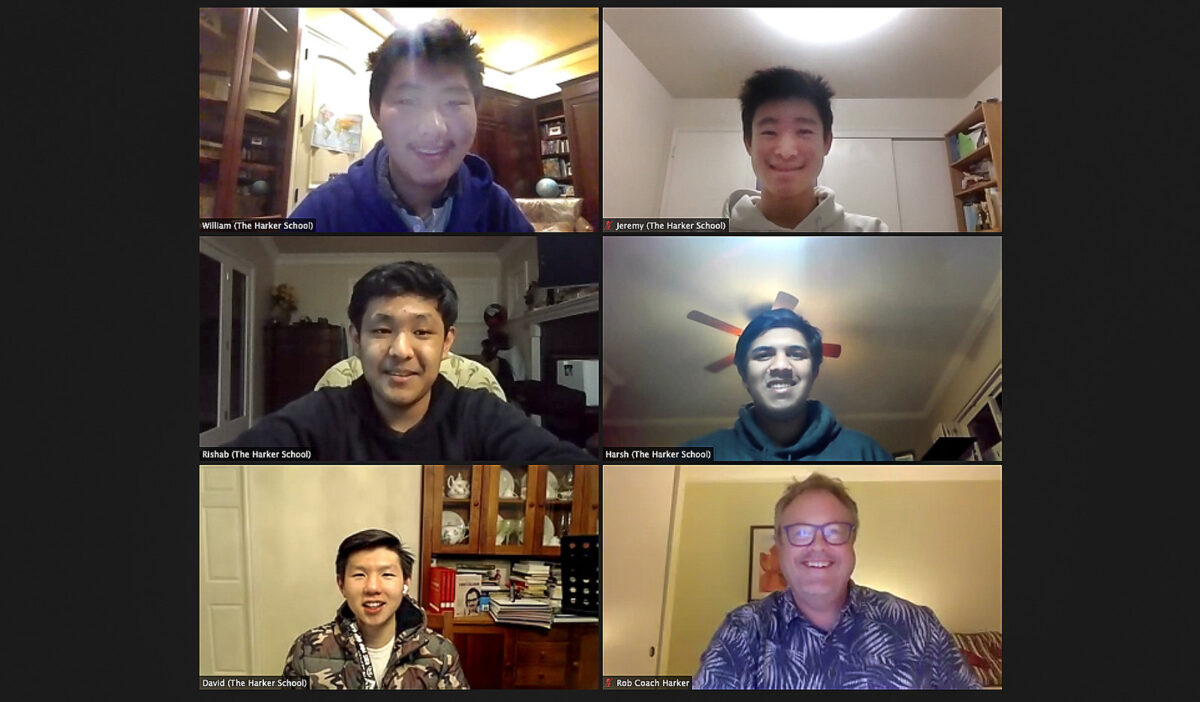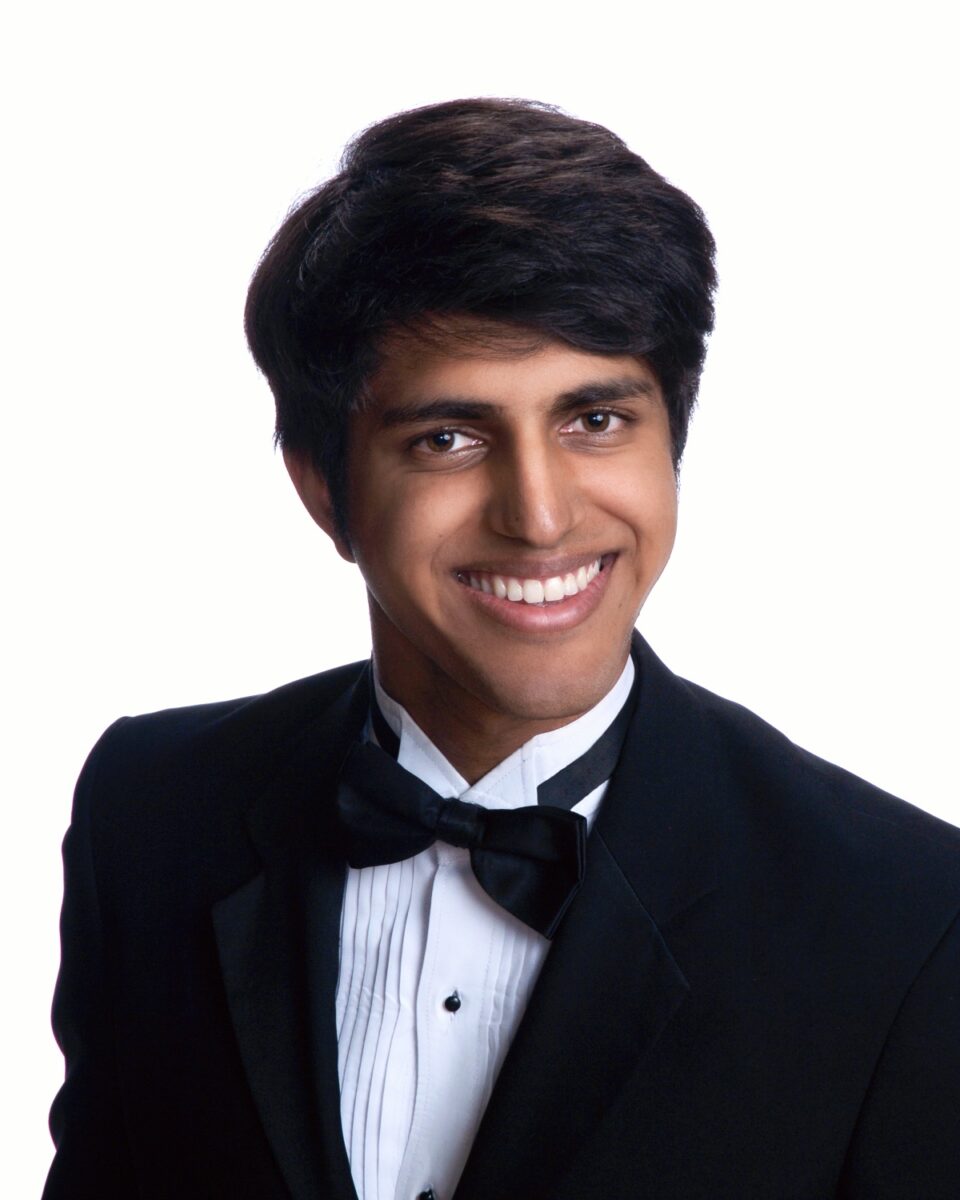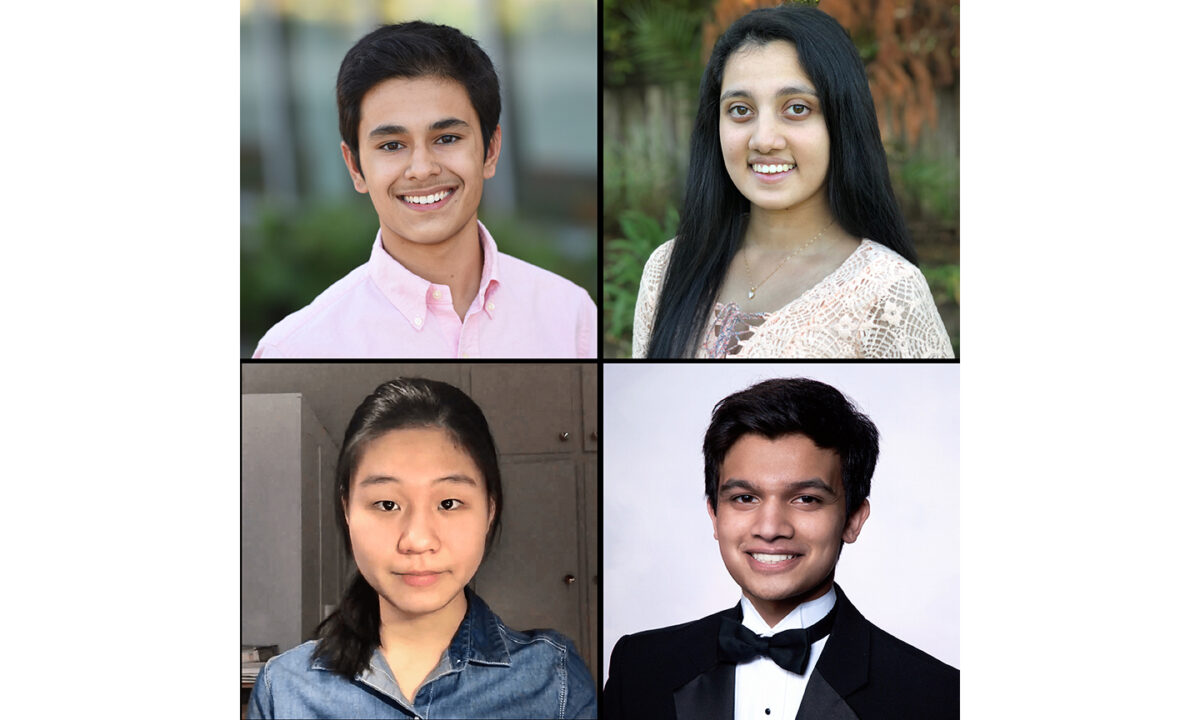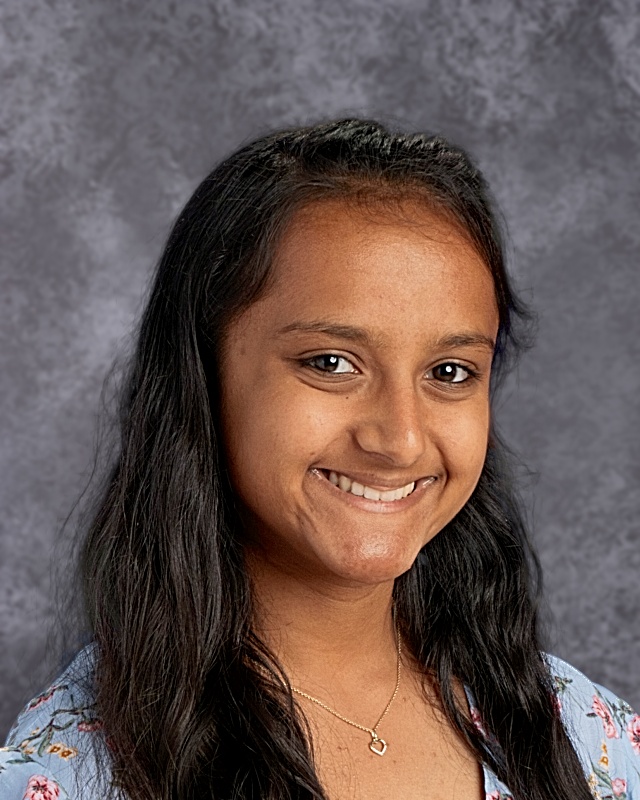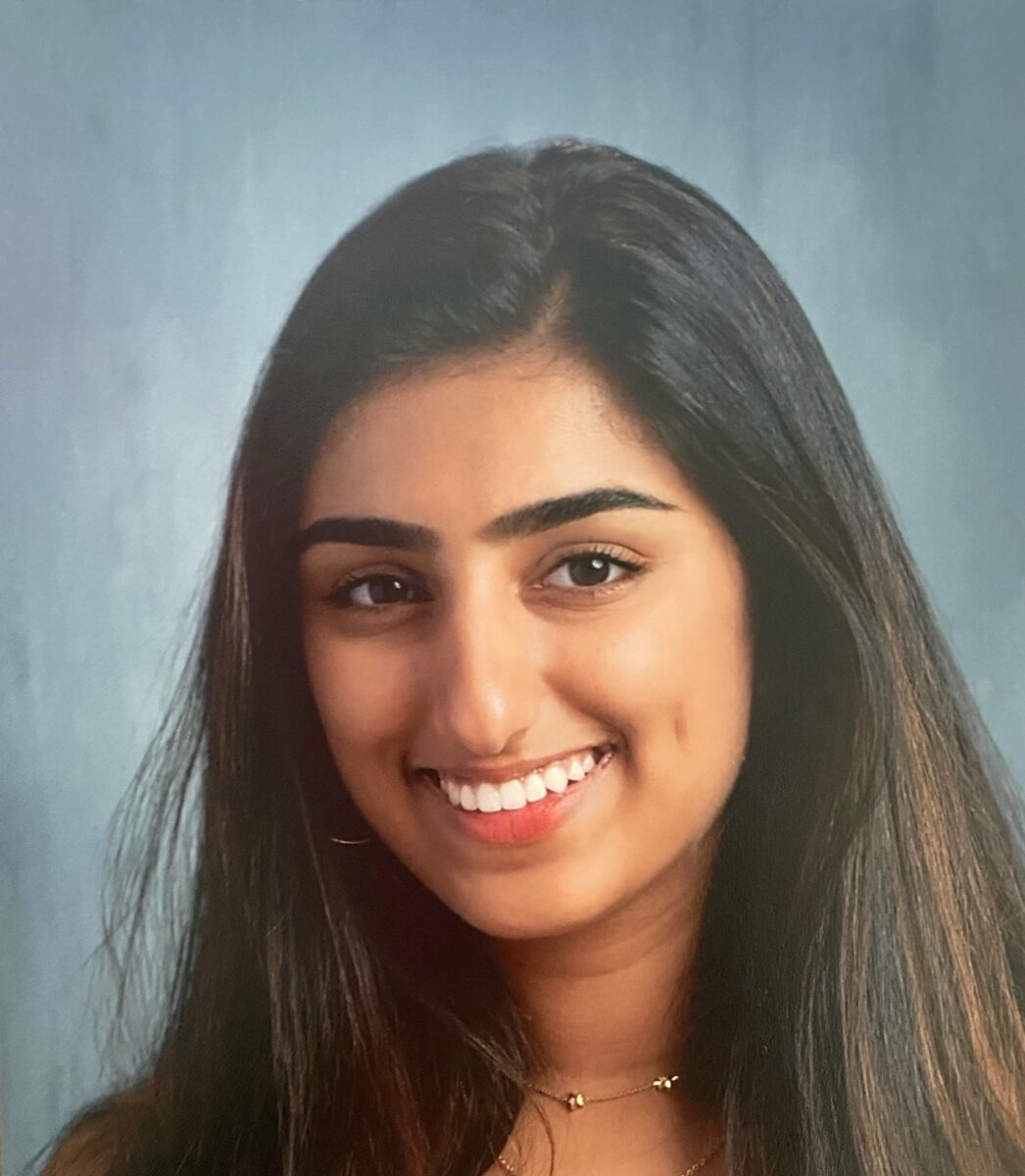topscience
Middle and lower schoolers collect accolades at Tech Challenge
Research Symposium goes online for 15th anniversary
From April 9-10, Harker hosted the 15th annual Research Symposium, inviting the Harker community to experience the breadth of its research opportunities by viewing student presentations and hearing keynote speakers deliver fascinating talks.
Science teacher releases third book in series about the elements
Bajaj ’20 speaks to students on racism in medicine
Last week, Simar Bajaj ‘20 gave a presentation to Harker students to expand on the points made in an essay he co-wrote that was published in the New England Journal of Medicine in January.
Harker teams place high in regional DOE Science Bowl
Bajaj ’20 published in New England Journal of Medicine
Simar Bajaj ‘20 was recently published in the New England Journal of Medicine, one of the most prestigious peer-reviewed medical journals.
Four seniors named scholars in 2021 Regeneron Science Talent Search
On Jan. 7, the Society for Science and the public announced that seniors Shray Alag, Saloni Shah, Aditya Tadimeti and Sidra Xu were named four of the top 300 scholars in the 2021 Regeneron Science Talent Search.
Senior research on low-cost masks published in peer-reviewed journal
Senior Hari Bhimaraju recently published a paper in the Biometrics & Biostatistics International Journal, a peer-reviewed journal specializing in biological sciences and public health.
Student work published in peer-reviewed health policy journal
Junior Riyaa Randhawa was recently published in the Milbank Quarterly, a peer-reviewed journal that covers health care policy.
